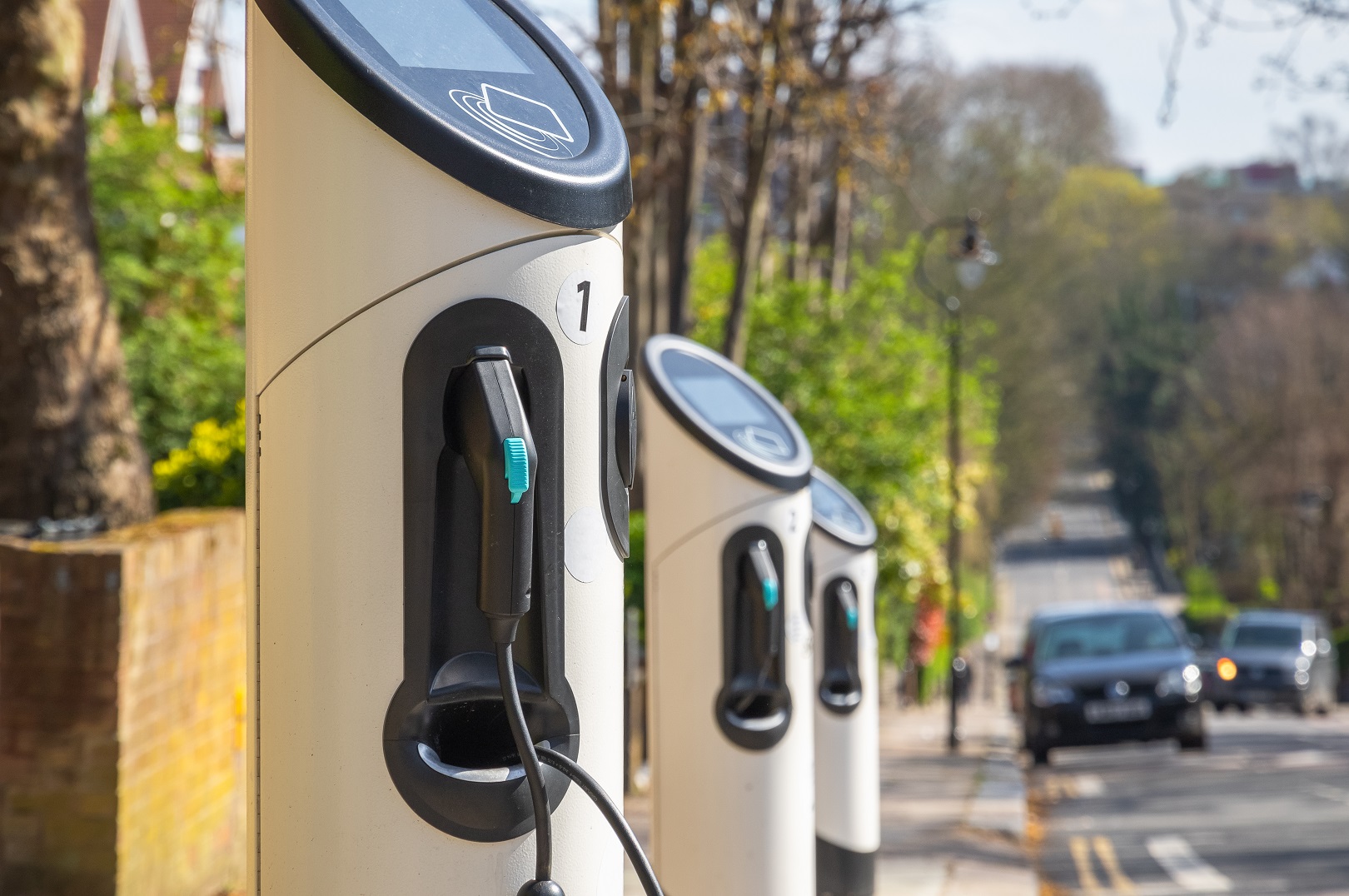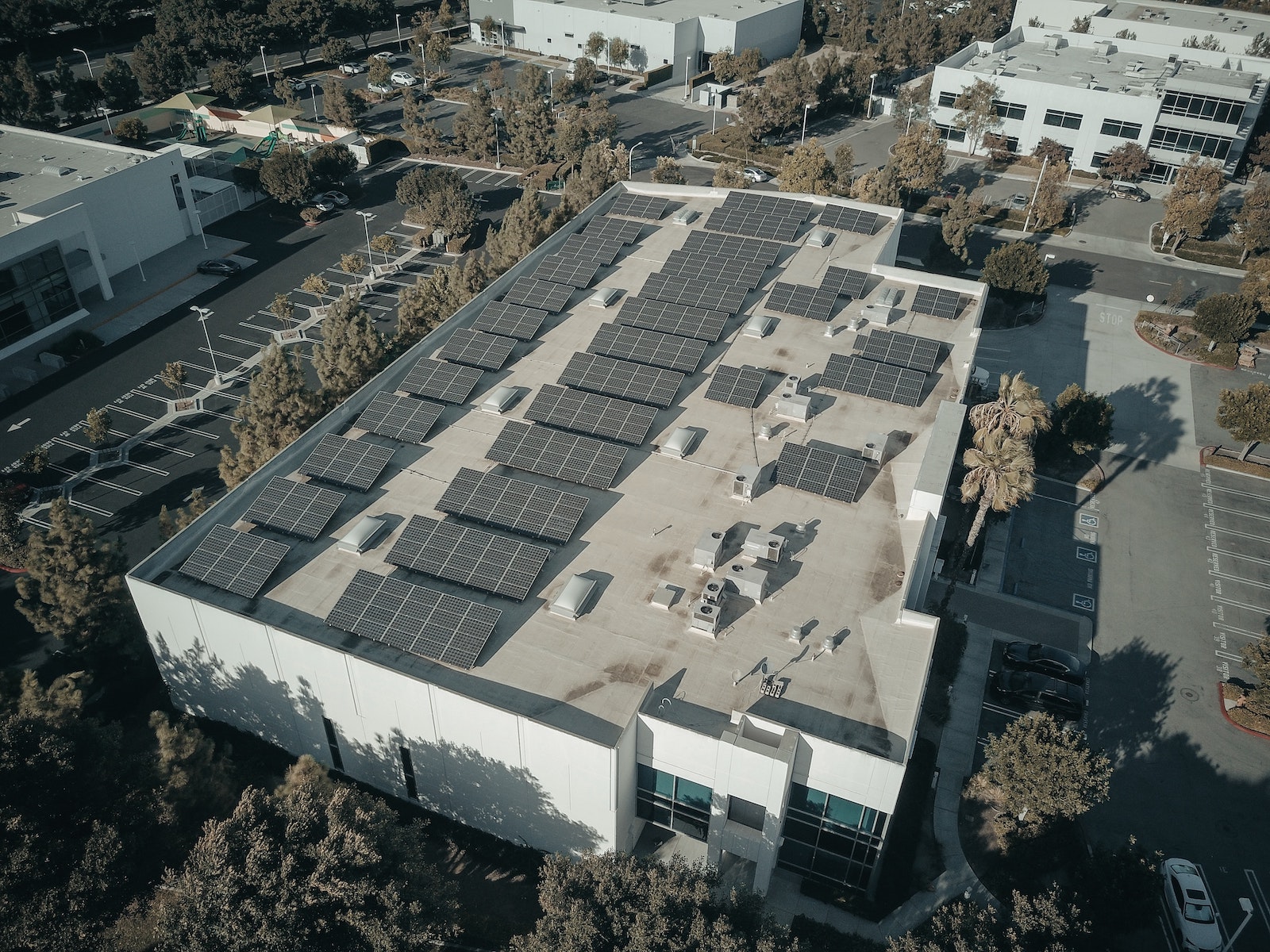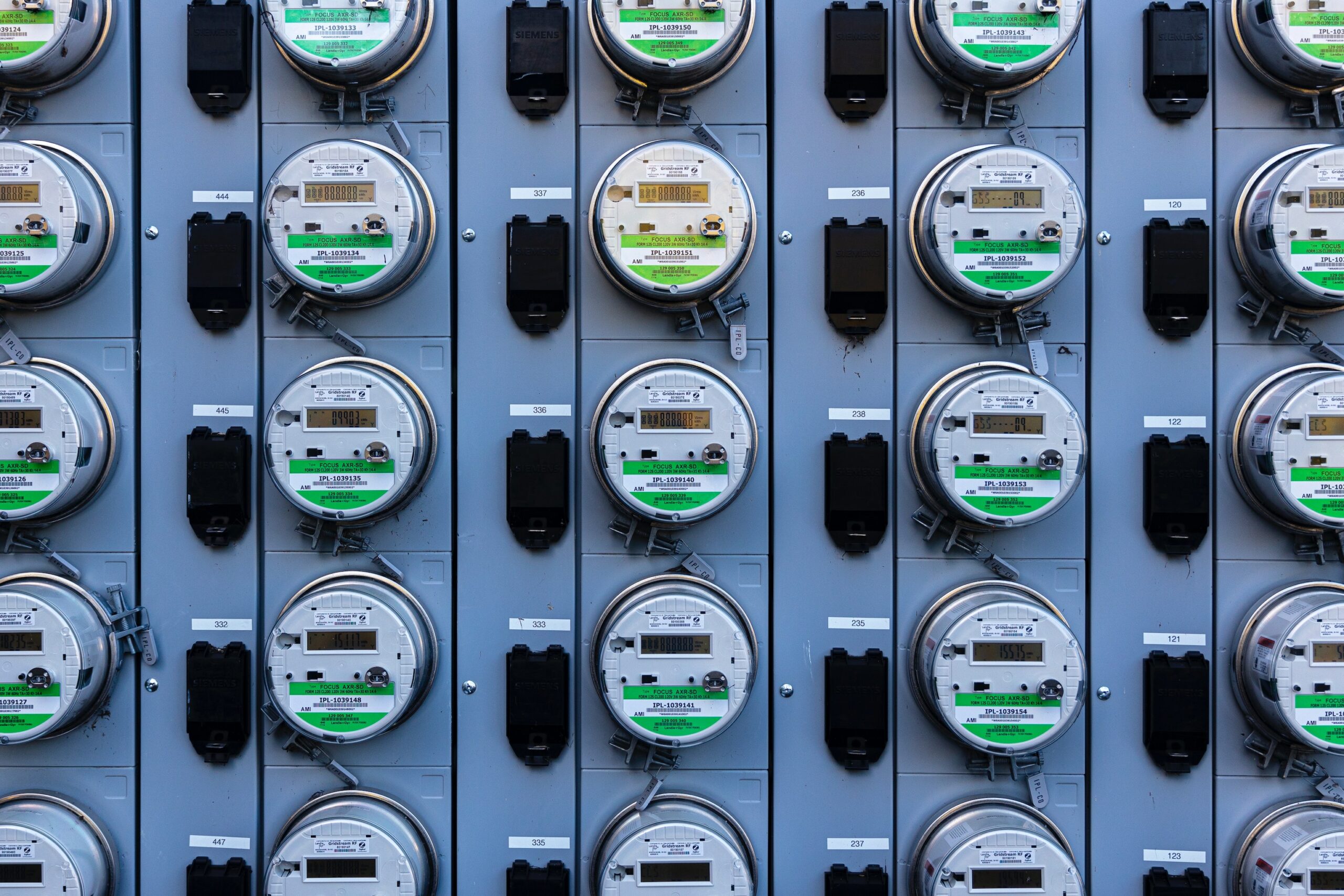Content
The energy transition can only be achieved through local energy markets
In the future, private and commercial energy producers and consumers will be connected on site and supply each other with energy, says coneva CEO Jochen Schneider in an interview with “Die Welt”, in whose special publication the interview appeared in October 2020.
Mr Schneider, for a long time the lack of a way to store volatile renewable energy was considered the Achilles’ heel of the energy transition. Is that still the case today?
Basically, decentralised renewable electricity production has a higher volatility than fossil fuel-based supply. However, storage is only one system component to manage energy. In fact, it is a very complex system. However, it is precisely our approach to solving this problem that we are trying to develop energy management concepts that compensate for this volatility or convert it into flexibility, among other things with the help of storage facilities.
What does your concept look like?
Our mission is to connect private and commercial energy consumers and producers via our software and manage them via local energy markets. As an energy service provider, we ensure that every consumer is supplied with exactly the energy they need at a given time. This also includes optimising the interaction between a PV system and the storage unit using our software. To do this, the energy consumption is analysed with the help of algorithms and the various user profiles are used as flexibility.
Can you illustrate this with a concrete example?
A good example is the supermarket, because here you have everything in one system. There is a large consumer that uses electricity for heating and cooling but who is as well producing electricity on the rooftop. The electricity can be used for everyday consumption (e.g. cooling, air conditioning, electricity for baking machines) during the day when the sun is shining; what is left over is stored in the battery. In turn, a customer who comes to shop by electric car parks his car and charges it while shopping.
It is quite possible that the supermarket produces much more electricity than it needs itself. In this case, it makes sense to network it with the private electricity customers who live in the neighbourhood to form an electricity community, because then they can consume the surplus electricity.

What if we have two months of dark weather without sun in winter?
The supermarket remains connected to the electricity grid at all times. So there is no risk that there will suddenly be no more electricity. But our claim is that we can also ensure the basic power supply during the cold months. Even though it won’t work without being connected to the grid. If you get to a base of 60 to 80 percent, that’s a good result
For whom is coneva’s system suitable?
Actually for all chain stores that are represented at several locations, for example also for hotels. For energy suppliers who want to open up new markets. For housing associations and in certain cases also for neighbourhood solutions. Our system always works best where several consumers and some producers are located.
What about the costs?
Self-generated renewable electricity is not only sustainable, but also cheaper than electricity from the public grid. That’s why the decision in favour of it is always also an economic question. In addition, I can increase my self-sufficiency through a higher self-consumption quota and, if necessary, generate additional income if I sell surplus electricity produced. That is our ideal.
Facts
Our Vision: The Local Power Community
coneva connects private and commercial energy consumers and producers and shapes the local energy markets of tomorrow, which do not even exist today. Without these local markets, the energy transition will not be successful and, above all, sustainable. Such local markets can be, for example, smaller cities or neighbourhoods or commercial areas. To achieve this goal, we are building a system piece by piece in which energy consumers and producers are networked. This is also where our company name comes from, because coneva stands for connected energy value. The aim is to manage not only electricity, but also cooling, heating and electromobility in a cross-sectoral and integrative way. Ultimately, we are pursuing three goals with this: saving CO2 emissions, efficient, cost-effective use of renewable energies and local energy supply. Our vision is that this system will be established on the market in Germany in ten years’ time.




